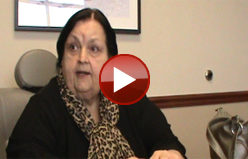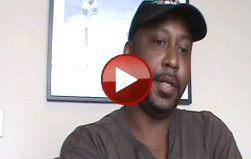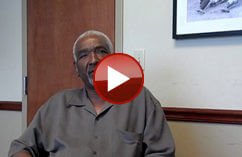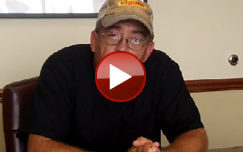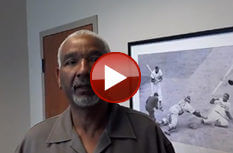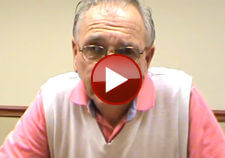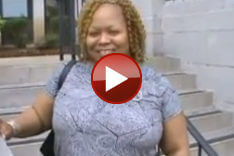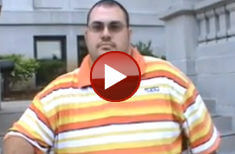Fort Oglethorpe Nursing Home Abuse Lawyer
Making the decision to place a loved one in a nursing home can be extremely difficult. Once you transition them to a facility, it is reasonable to expect he or she will be well cared for and treated with compassion and respect. This faith can be shaken, however, if you notice signs that a resident may be experiencing abuse at the hands of the facility staff—especially if that resident is your own loved one.
Since victims of abuse are often reluctant or unable to speak up about what they are experiencing, it is sometimes necessary for family members to take action to protect their vulnerable loved one. One way to do that is to hold the responsible party accountable by bringing a cause of action.
When you want to file a lawsuit against a nursing home for its improper treatment of a resident, a Fort Oglethorpe nursing home abuse lawyer could help you through the process. A compassionate attorney could help you and your loved one mitigate any damage caused.
What Is Considered Abuse in Fort Oglethorpe?
When it comes to treatment of the elderly in Fort Oglethorpe, there are several actions that may constitute abuse under the law. According to the Official Code of Georgia Annotated §31-8-81, abuse of long-term care facility residents is defined as willful or grossly negligent actions or inactions that cause a resident to suffer an injury, including:
- Assault or battery
- Failure to provide treatment or care
- Sexual harassment
These behaviors most commonly occur as a result of mismanagement of a facility or poor training of staff.
Signs of Abuse
Sometimes a victim of abuse will not tell anyone—even family—they are being hurt. However, loved ones may notice changes in a resident’s behavior that can be warning signs of mistreatment, such as:
- Bruises, cuts, and scrapes
- Bed sores
- Fractures
- Weight loss
- Unkempt appearance
- Withdrawal
- Depression
Steps to Report Nursing Home Abuse
The Georgia Long-Term Care Facility Resident Abuse Reporting Act requires that certain individuals report signs of abuse. These include nursing home administration, emergency medical services personnel, and physical and occupational therapists.
However, anyone else who believes a resident was abused, including a family member of the allegedly abused party, may report it. Health officials would then conduct an investigation. Depending on the results, additional actions may be taken to protect the resident. In addition, a resident or family members may bring a cause of action to seek damages and other relief for the abuse of their loved one. For more information, or for help with reporting abuse, get in touch with a Fort Oglethorpe nursing home abuse lawyer.
Getting Help from a Fort Oglethorpe Nursing Home Abuse Attorney
If you decide to place a family member in a nursing home only to find they are not cared for properly, a seasoned Fort Oglethorpe nursing home abuse lawyer could help you bring a lawsuit against the nursing home or other responsible parties for their mistreatment of your loved one. Not only could you recover damages for the losses your loved one suffered, but you may be able to help prevent other residents from being abused. Call us to discuss your family’s situation.
What are the Possible Liable Parties in a Nursing Home Abuse Case?
The parties responsible for abuse vary in a nursing home because frequently there are several different companies involved in its ownership and management. Often, it is a dense network of corporate hierarchy that oversees the homes, and all of those corporate entities can be liable. And then, there are the individuals involved, such as the manager, director, and medical director.
What are the Potential Damages a Victim Could Recover?
Nursing home abuse-victims can recover a lot of different kinds of damages, including for medical treatment as a result of injuries. They can recover large sums for pain and suffering, such as the fear, the humiliation, the mental anguish, as well as the physical suffering. They can also recover punitive damages in nursing home abuse cases when there has been intentional misconduct or reckless disregard for a life.


